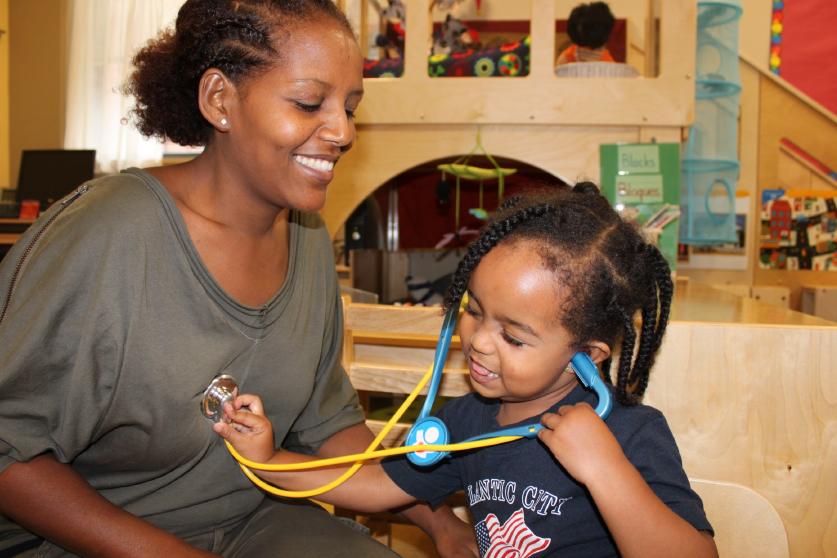We examine and continue to embed racial equity in our work daily by:

Centering children and youth from communities that have been historically marginalized. While we seek to improve outcomes for all young people in this region, our work centers children and youth who are most marginalized. Our focus on boys and young men of color is a direct response to data that shows that they consistently face disproportionate adverse outcomes across almost all measures of long-term success. Moving the needle for Black and Brown students in our region by dismantling the structural barriers in their path is a core tenant of who we are.



